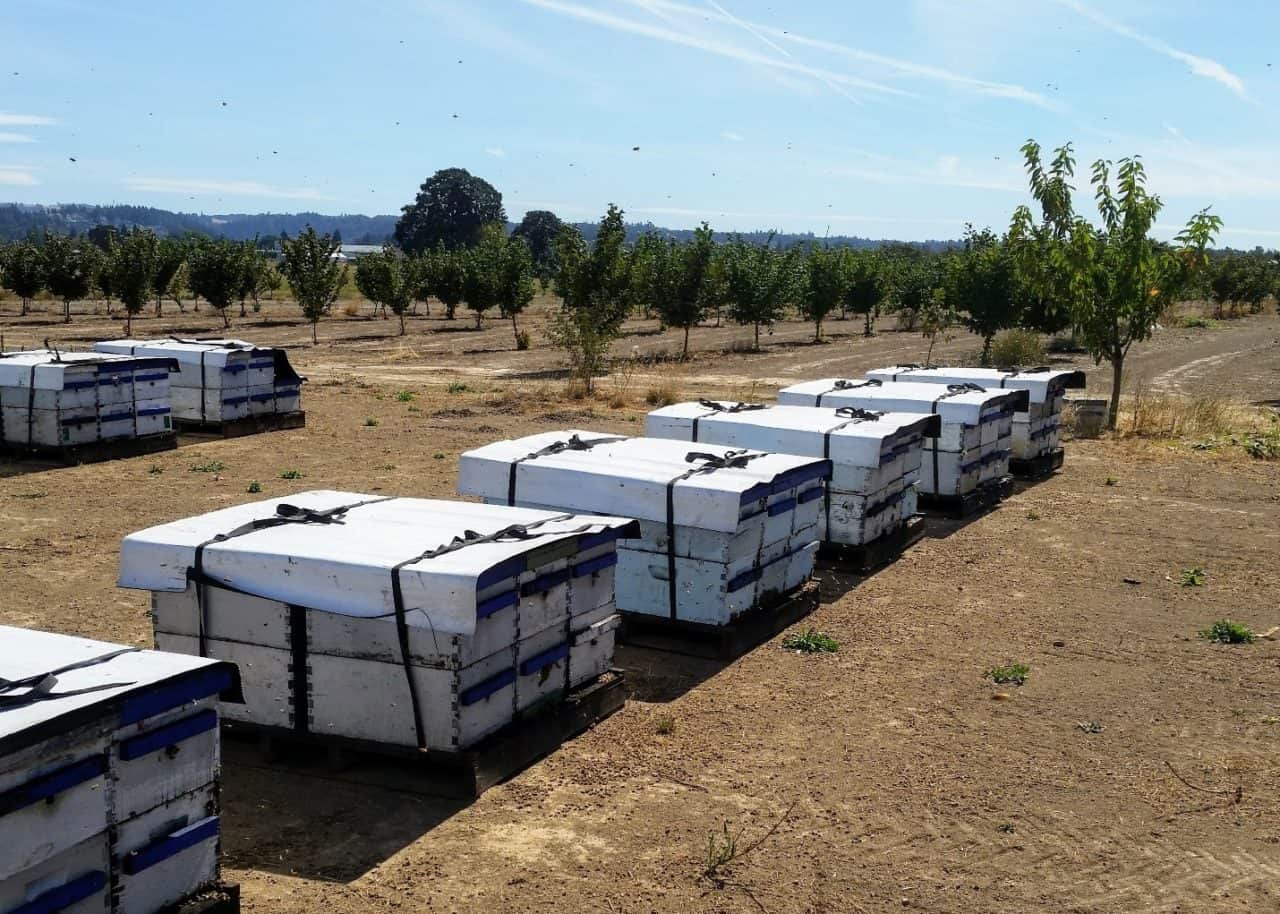SURVEY FAQs – Tips and Tricks to answering the Bee Informed Partnership’s National Colony Loss and Management Survey
Not even a week has passed since this year’s Colony Loss and Management survey went LIVE! As of this morning (4/5/2019), more than 1,200 beekeepers have already entered their information. WOW! Thank you for your time and continued support! So far your response rate is tracking previous years, but of course, we want to beat […]
